
Electrical fires are one of those things no one really wants to think about, but it’s better to be aware now than deal with the consequences later. From that one frayed cord you’ve been ignoring to power strips doing more work than they should, it’s easy for small risks to go unnoticed until it’s too late. Here’s a no-nonsense list of 15 electrical hazards that might be lurking in your home—and how to fix them before they cause real trouble.
Outdated or Damaged Wiring
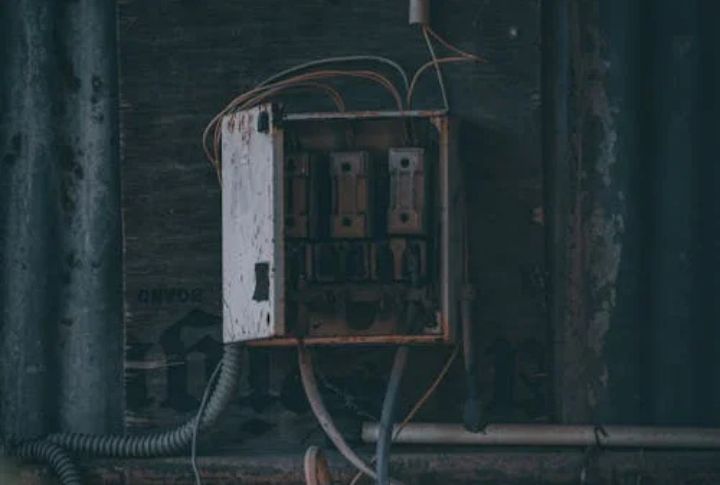
Living in an older home can be charming, but not when it comes to outdated wiring. Many old houses weren’t built to handle all our modern gadgets. If your wiring is showing its age, or if you’ve still got aluminum wiring or ungrounded outlets, it’s time for an electrician to check things out. Wiring wears out over time, so it’s best to get ahead of it before it leads to overheating and bigger problems.
Overloaded Circuits
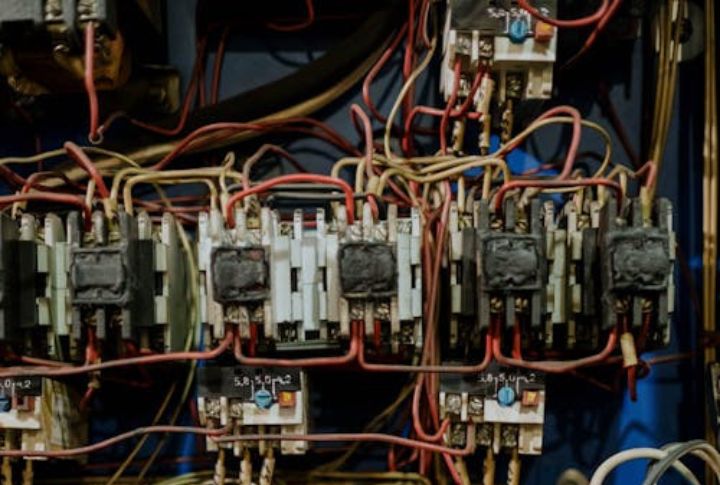
We’ve all been guilty of plugging too many things into one outlet, but your circuit breaker is there to tell you when enough’s enough. If you’ve been tripping the breaker more often than usual, it’s a sign the circuit is overloaded. Spread out your electronics, or if it’s happening a lot, consider upgrading your system to handle the extra load.
Improperly Installed Electrical Outlets
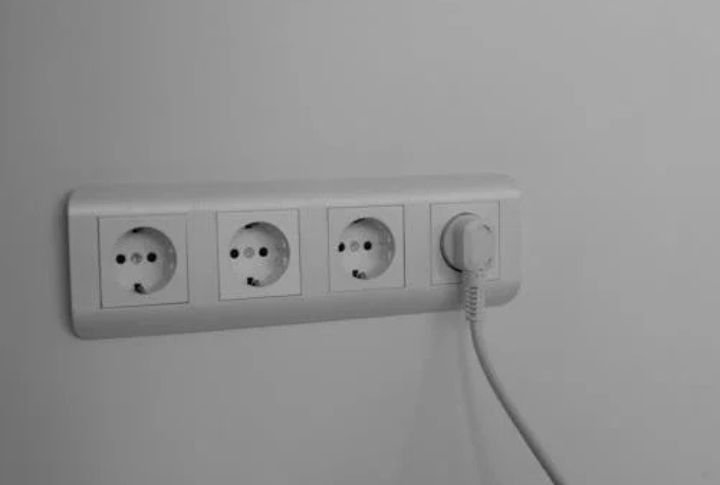
DIY projects are fun—until they’re not. Electrical work isn’t something you want to cut corners on. If outlets weren’t installed properly, it can lead to sparks, overheating, and a whole lot of trouble. Double-check your outlets or call in a pro if you’ve got any doubts.
Using Extension Cords as Permanent Solutions
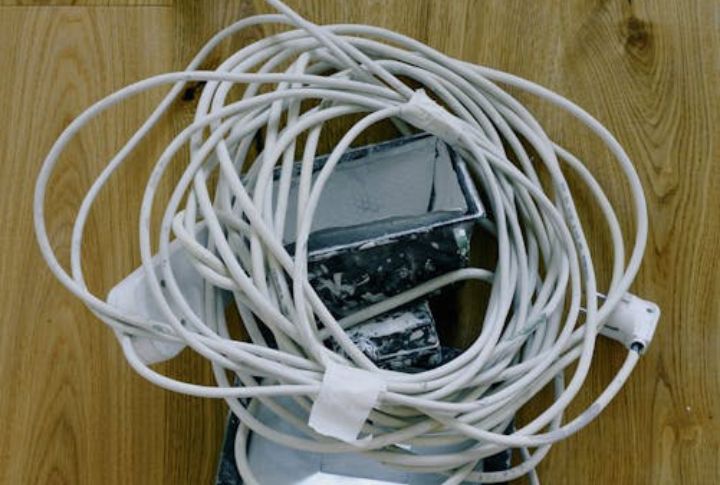
We all love the convenience of extension cords, but they’re not meant to be permanent fixtures in your home. Over time, they can wear down, especially if they’re regularly bent, stepped on, or hidden under rugs. If you’ve been using one as a long-term solution, it’s time to think about adding more outlets or rearranging things.
Space Heaters and Portable Heating Devices
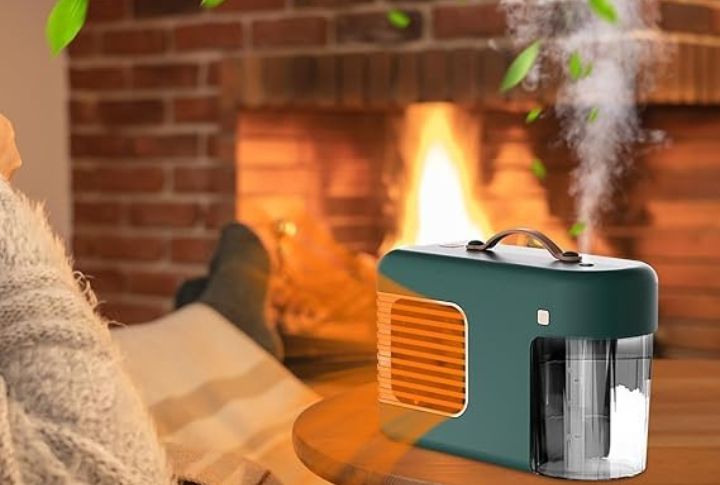
Space heaters are a godsend in winter, but they can turn dangerous if you’re not careful. Make sure they’re always a safe distance from anything flammable and look for models with automatic shut-off features. And no matter how tempting, don’t leave them on overnight or when you’re out of the room.
Overloaded Power Strips
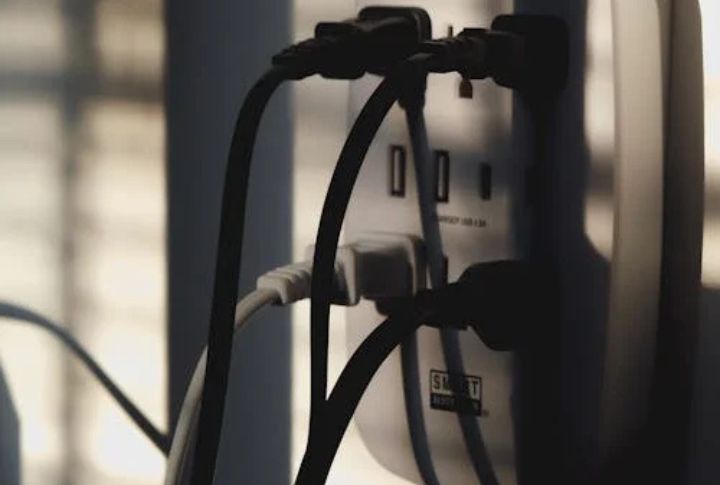
Power strips are great, but they’re not superheroes. They’re not built to handle high-wattage appliances like refrigerators or space heaters. Use them sparingly, and avoid plugging in too many heavy-duty devices. And whatever you do, don’t daisy-chain power strips together—it’s a recipe for disaster.
Frayed or Damaged Electrical Cords
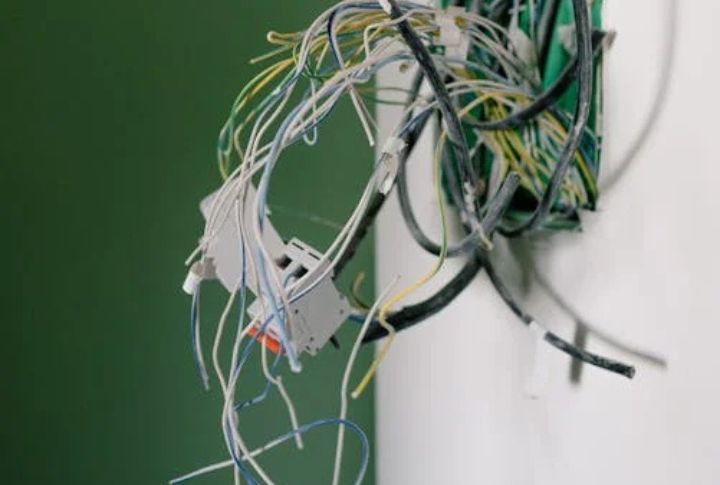
Got a cord with a few too many battle scars? Don’t ignore it. Frayed cords are an easy way for electrical fires to start. Check your cords regularly, especially the ones you use all the time. If you see exposed wires or notice wear and tear, replace them ASAP.
Faulty Light Fixtures
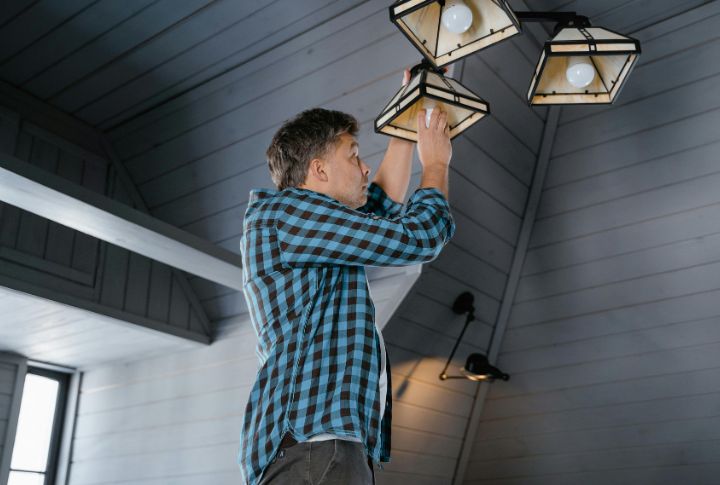
Using a light bulb with a wattage higher than what the fixture recommends might seem harmless, but it can cause overheating. Always check the wattage before replacing bulbs, and consider switching to energy-efficient LEDs, which stay cooler and are easier on your electric bill, too.
Old or Faulty Appliances

That vintage toaster might look cute on your counter, but older appliances often don’t meet modern safety standards. If an appliance is sparking, overheating, or just acting weird, it’s time to part ways. Even the best-maintained gadgets wear out, so don’t ignore the warning signs.
Improper Grounding
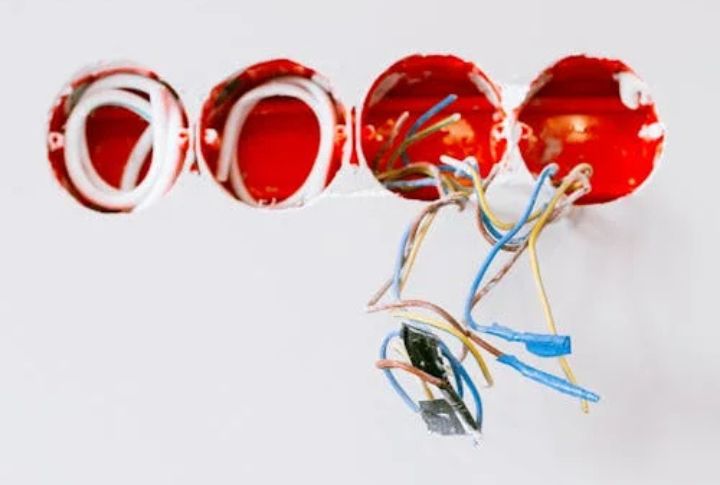
Grounding is what keeps your electrical system safe by giving excess energy somewhere to go. If your outlets aren’t properly grounded, you’re risking more than just a shock—you could end up with a fire. Upgrade any old two-prong outlets to three-prong ones to make sure everything’s up to code.
Arc Faults
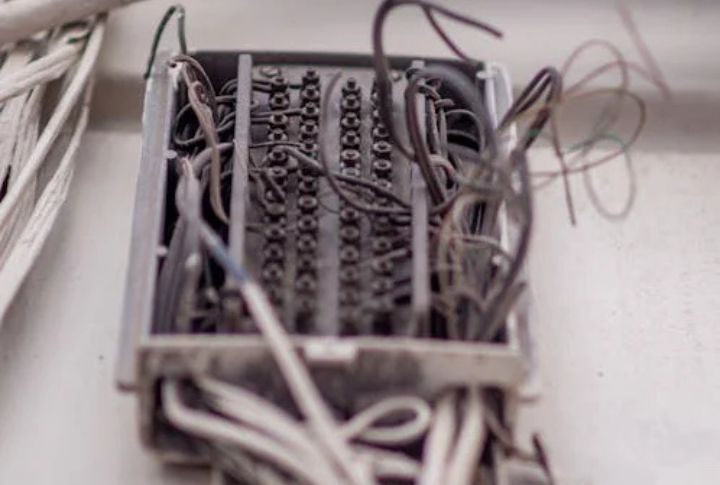
When an electrical current takes a wrong turn—usually because of damaged wiring—it creates an arc fault, which can easily lead to a fire. Arc-fault circuit interrupters (AFCIs) are designed to detect these issues and cut off the power before things get out of hand. Installing AFCIs in your home is an easy way to keep things safe.
Defective Electrical Panels
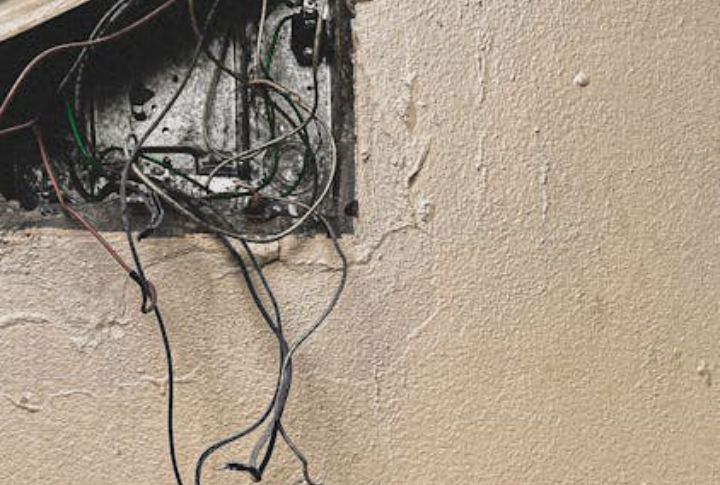
Old electrical panels that use fuses instead of circuit breakers could be putting your home at risk. If the panel can’t shut down power when it’s overloaded, you’re looking at a serious fire hazard. It’s worth upgrading to a modern circuit breaker system that can handle today’s electrical demands.
Wet Electrical Components
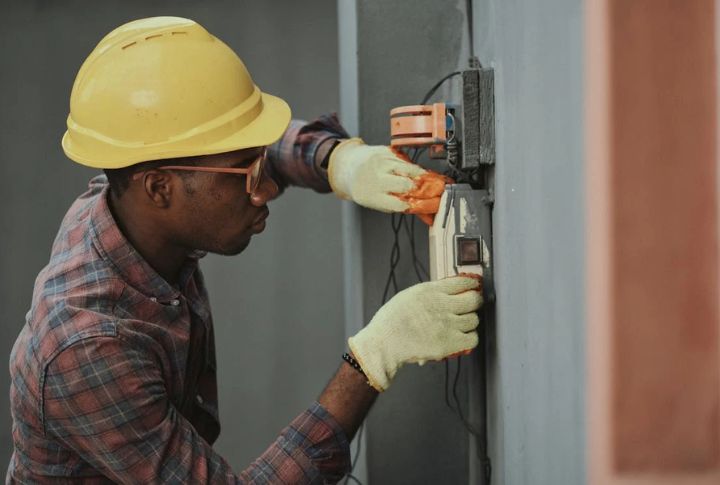
Water and electricity don’t mix, but it’s easy for them to come into contact in places like the kitchen, bathroom, or outdoors. Make sure your outlets in these areas are equipped with ground-fault circuit interrupters (GFCIs), which will cut the power if moisture is detected. It’s a simple upgrade that can prevent major accidents.
Incorrectly Used Appliances

Running an appliance on the wrong voltage or for longer than it’s meant to can cause it to overheat. Always follow the manufacturer’s guidelines and unplug anything you’re not using. It’s a small step that can save you from a much bigger problem down the line.
Loose Electrical Connections
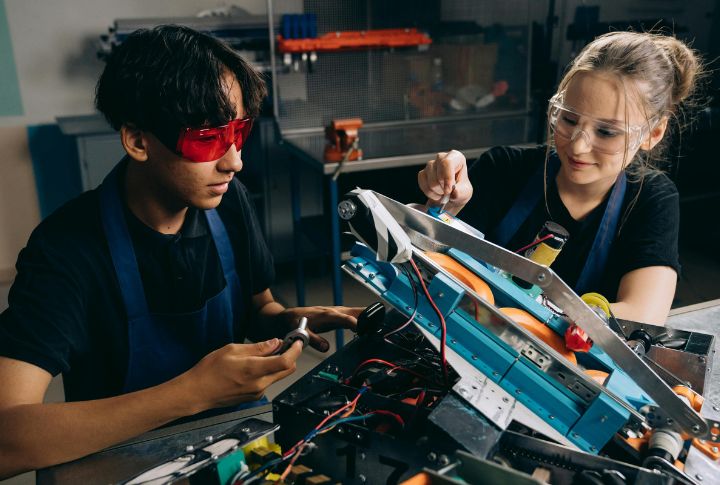
If you’ve ever noticed flickering lights or felt heat coming from an outlet or switch, there’s probably a loose connection somewhere. Don’t brush this off. Loose wiring can cause sparks, which can lead to fires. Have an electrician take a look before it becomes a bigger issue.

